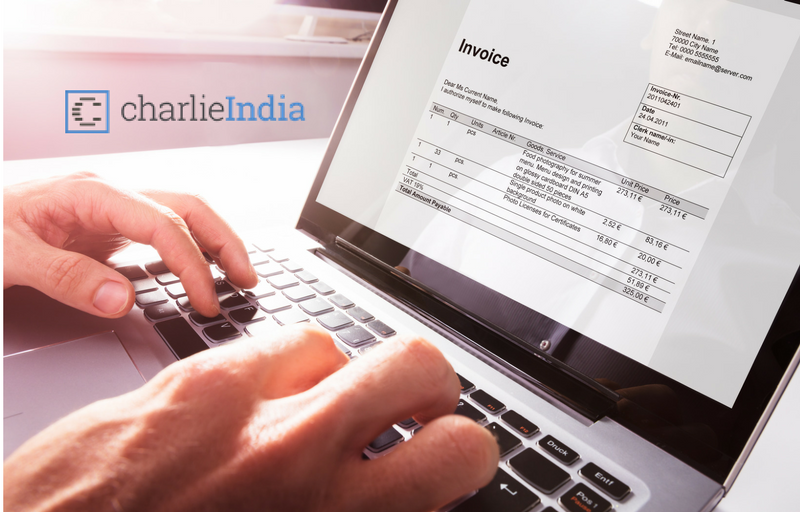
PSD2 has been designed to increase competition in the payment industry in Europe. Third party access also positions large tech providers with their sizable universe of users (think Alipay, Google, Facebook) and other large global payment providers as a real competitive threat to the European payment services industry.
Economies of scale can be created through applying common standards, not only on the technical (API – application programming interface) level, but also on the interoperable infrastructure level – catalysing a new network model for banks.
Some of the most successful technology development projects, such as Linux, operate in a mixed model. Core development is done in a coordinated way, followed by the formation of development consortiums for specific development projects. Each applies the joint results but are also in competition with each other, to the benefit of users. Such coordination raises the potential quality of services offered by the competing consortia, particularly if interconnection plays an important role.
Due to the advancement of technology and emerging new competitors, closer technological cooperation is necessary among European financial service providers to unleash the potential from both the aggregation of individual developer resources and the user bases, which enables the likelihood and accelerates the development of a critical mass.
The platforms/ systems with the most access points and users are likely to become the most valuable. If banks opt to maintain isolated technological solutions, one of the aforementioned global tech players will likely step in to the void and create a platform/system with the most endpoints. A bank-based collaborative solution would be akin to SWIFT, with the difference being the creation of a central infrastructure and software solution instead of a distributed solution model.
Alipay began by providing payment services to Aliexpress; Google and Facebook have spent years accumulating user numbers through free communication services. In the European banking system similar accumulation is difficult given fragmented markets and different use cases. Invoice related services would be a compelling starting point to catalyse closer technological cooperation. E-invoicing is strongly encouraged by regulation in the European Union: from year-end 2018 e-invoices are to be accepted for all public procurement. This, however, does not require the creation of one commercial system or the consolidation of various commercial systems.
A potentially huge increase in efficiency would be driven by the integration of payment and e-invoicing services for banking clients. Several European banks and payment service providers are already moving in this direction, providing value-added services to their customers. At the same time e-invoicing service providers are also shifting and are providing financial services to purchase-to-pay service integration (such as Tungsten Network formerly with Tungsten Bank or Basware purchase-to-pay services). These value-added services include dynamic discounting (discounts based on payment deadlines) or e-payments (in the Basware network the payment happens through the Mastercard network).
Current e-invoicing networks are branded solutions, based on different technologies. Although there are solutions for transforming various formats into another format, the spreading of e-invoicing will be limited by individual companies’ marketing and sales efforts, without relying on wider network effects.
The creation of a consensus-based, interoperable e-invoicing network would enable participating banks and financial service providers to maximize the synergies arising from interoperability and a distributed but common communication infrastructure. On a granular level, this means that all clients within the network would be able to send/receive messages (invoices and other defined business documents) to each other, while their banks would be able to integrate their invoicing and payment services. As the network grows larger and larger, clients will be less eager to leave the network.
E-invoicing may also be extended to retail clients on the internet banking surface, as EBPP (electronic bill presentment and payment) services may well be launched to all clients for utility and telecoms providers with the integration inclusion (or involvement) of local utility providers and telecommunication companies. It is likely that large invoicing providers will launch their own payment services but it will be those providers who are able to integrate the most partners into their network that are the most likely to retain clients. Banks are uniquely positioned to move in this direction and, if they move fast, they can create and maintain a competitive edge.
The service could also accommodate mid-sized banks, who, typically, have significantly less resource for innovative development projects. By including this segment into the network, their clients too will benefit from being connected (can emit invoices and can be addressed by others with an invoice).
The infrastructure for the e-invoicing platform should be provided on a white label basis, i.e. all participating banks launch their own branded services while, crucially, maintaining technological interoperability. Partner HUB, the technology service provider, is well positioned to provide the interoperable network for banks and banks can implement such projects within around 6 months – depending on their specific needs.
Promoting what could well develop into a ubiquitous electronic invoicing system is in the best interest of financial institutions (banks) given the emergence of new players on the payment scene. Harnessing the substantial complementarities with their core competencies, banks are uniquely positioned to promote and market electronic invoicing, enabling the provision of a new and exciting range of services for customers.
Article written by Katalin Kauzli and Peter Malaczko, Charlie India










